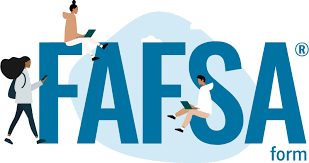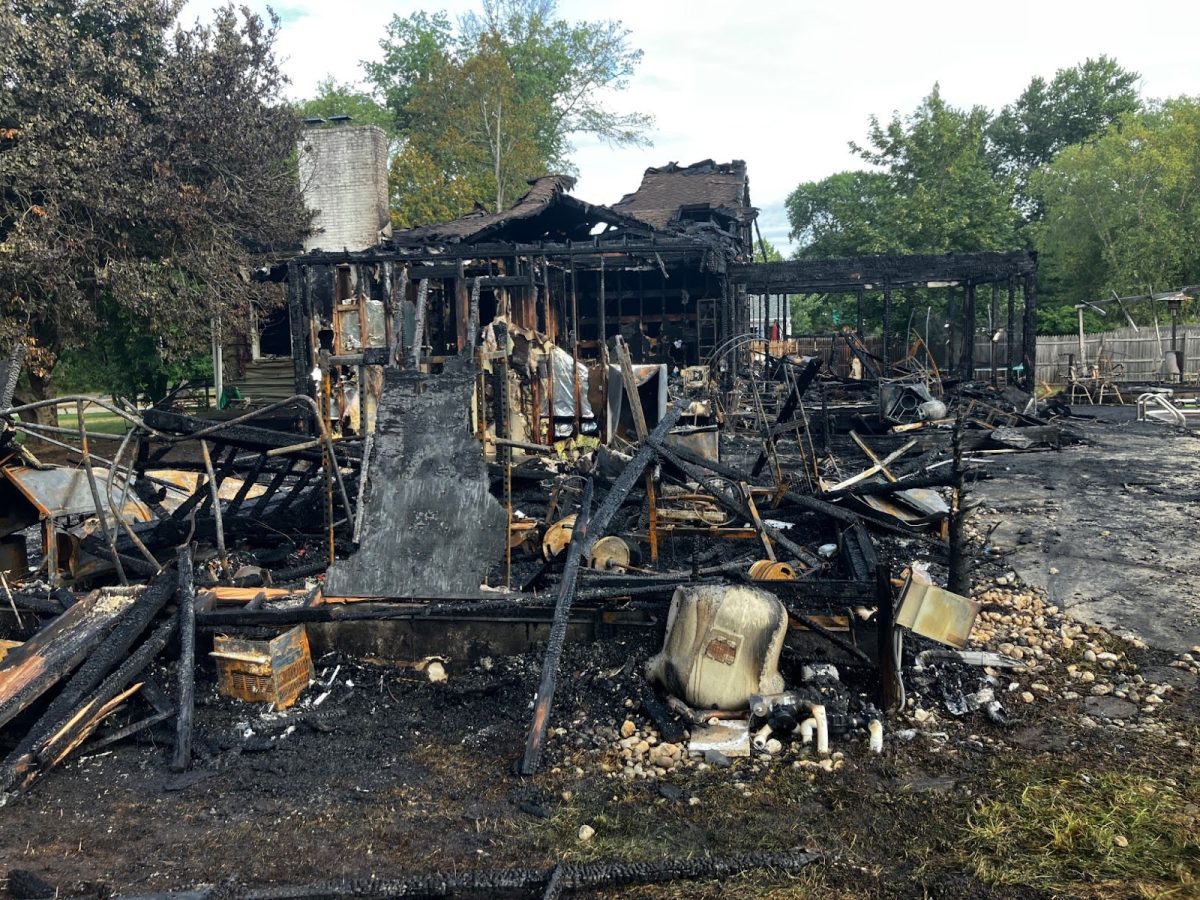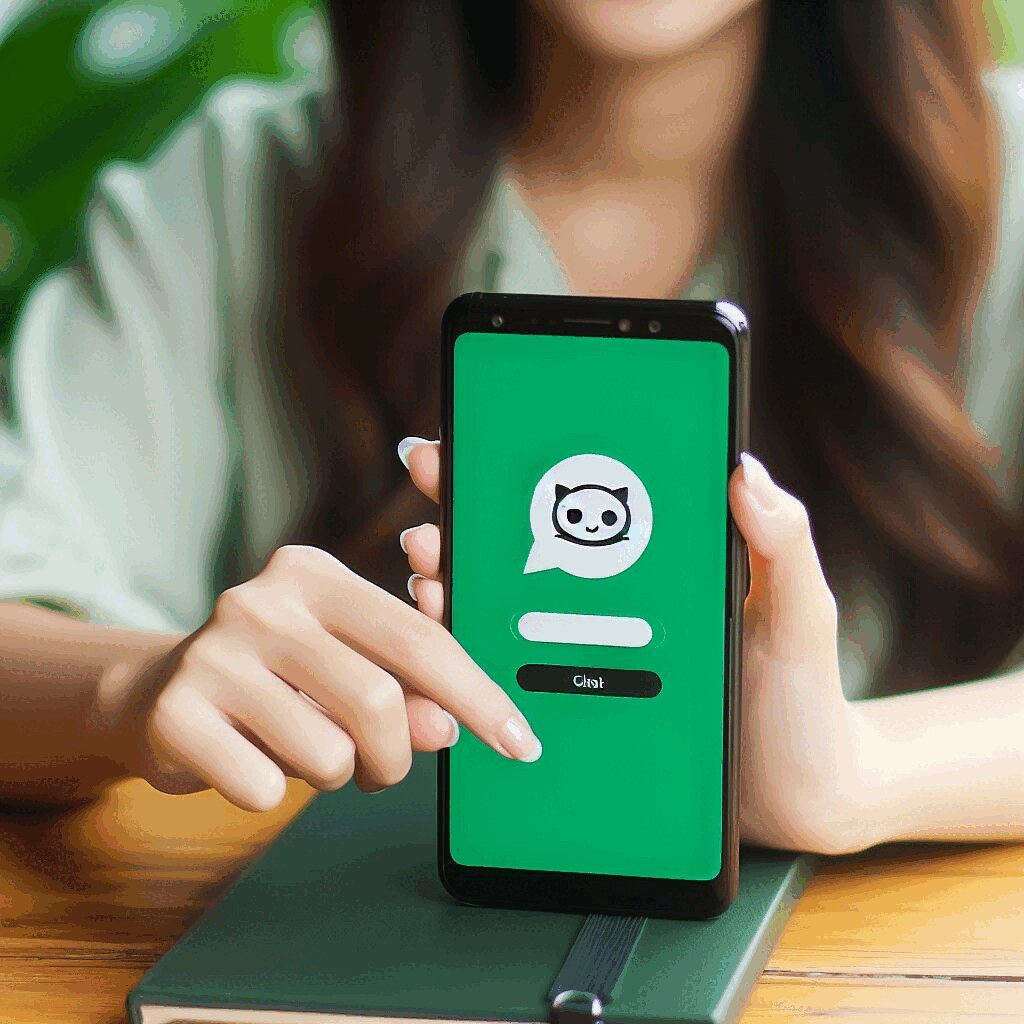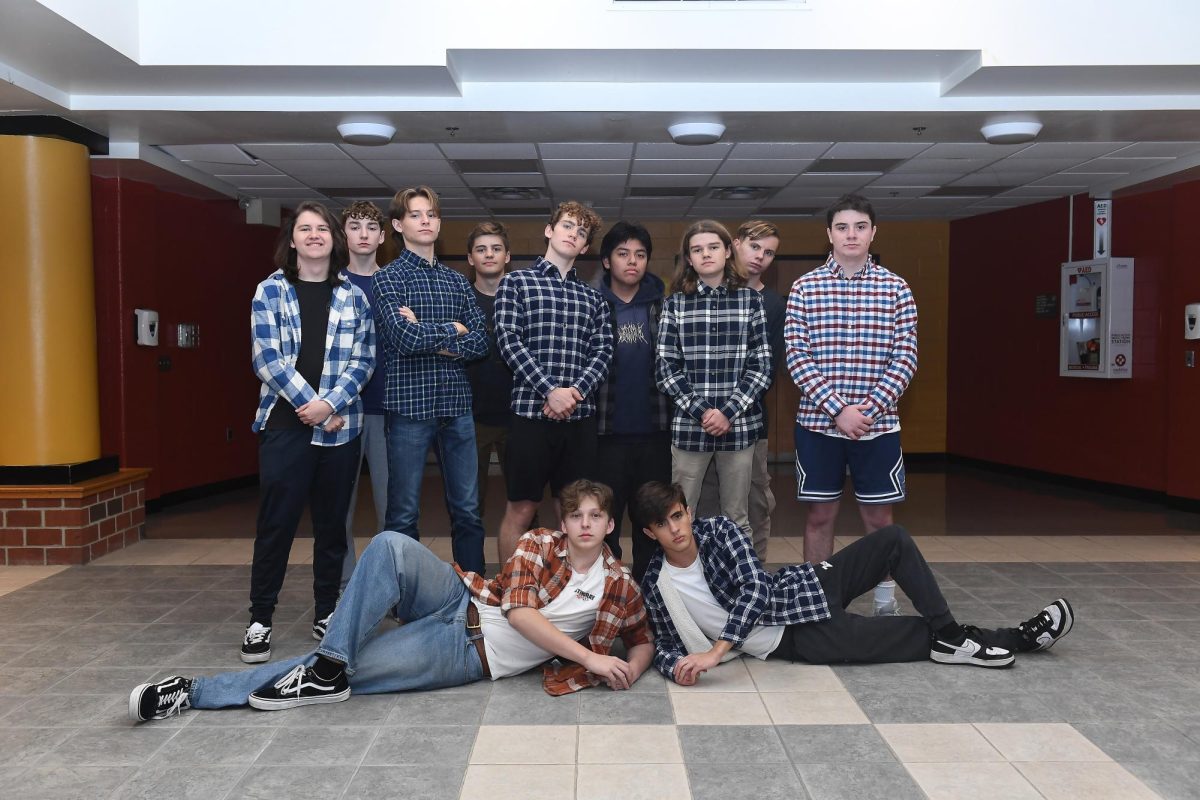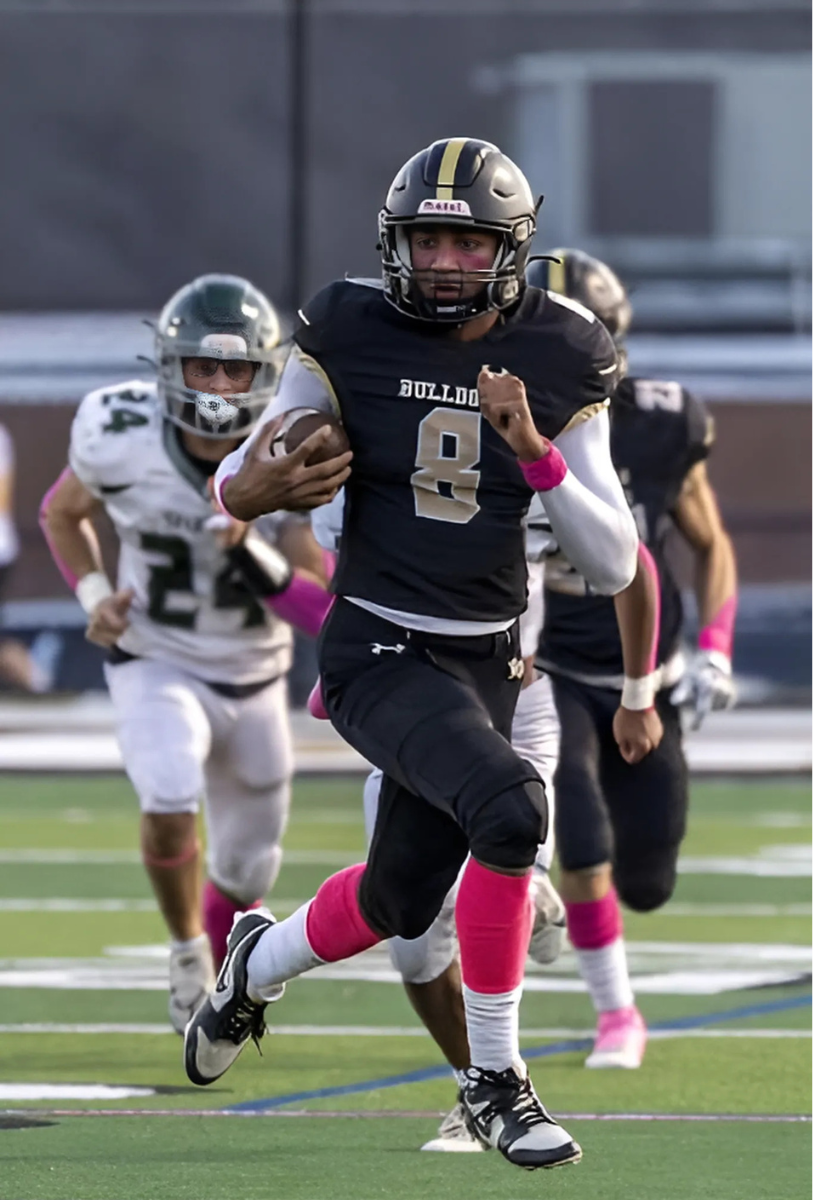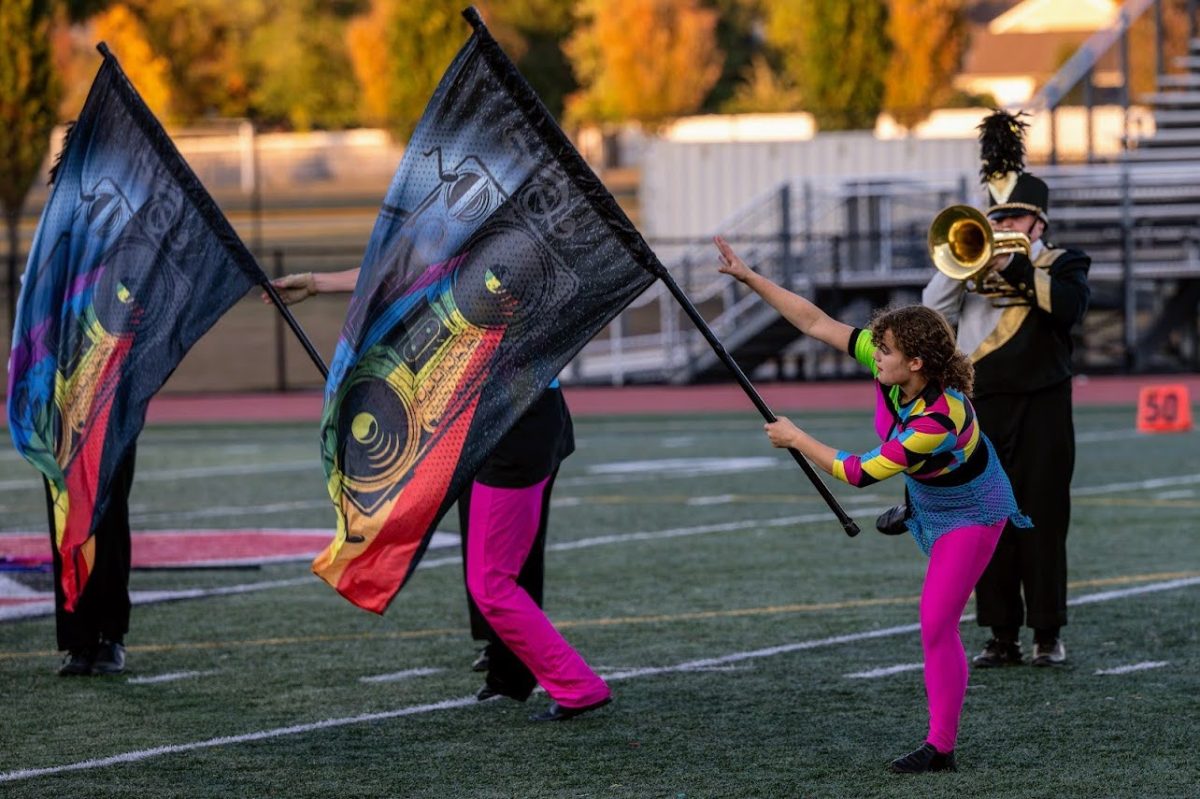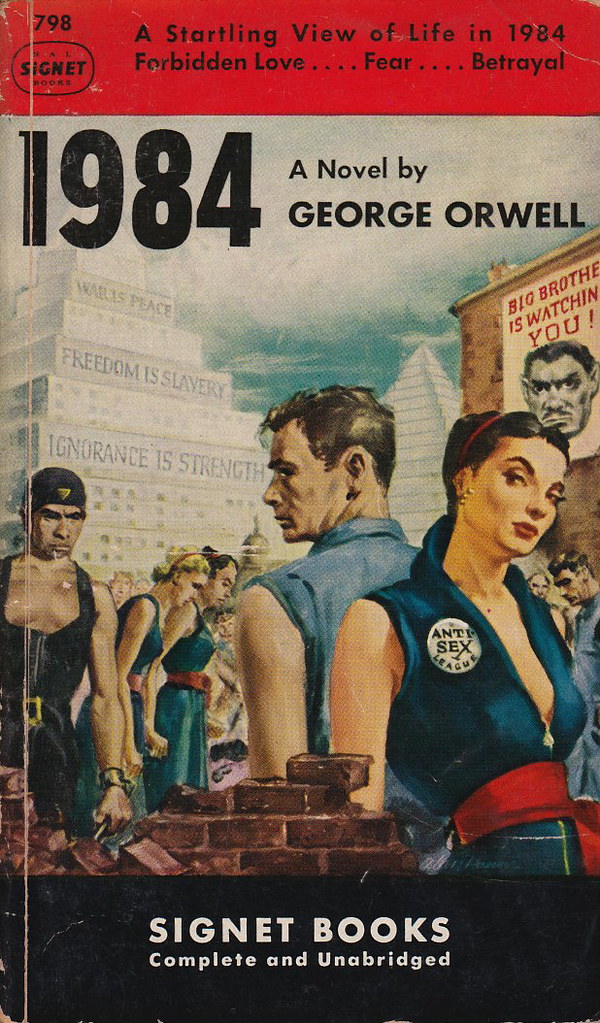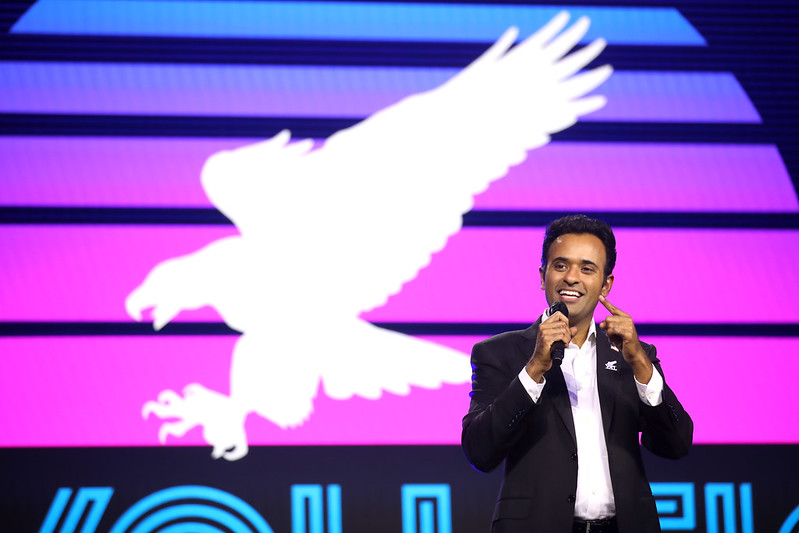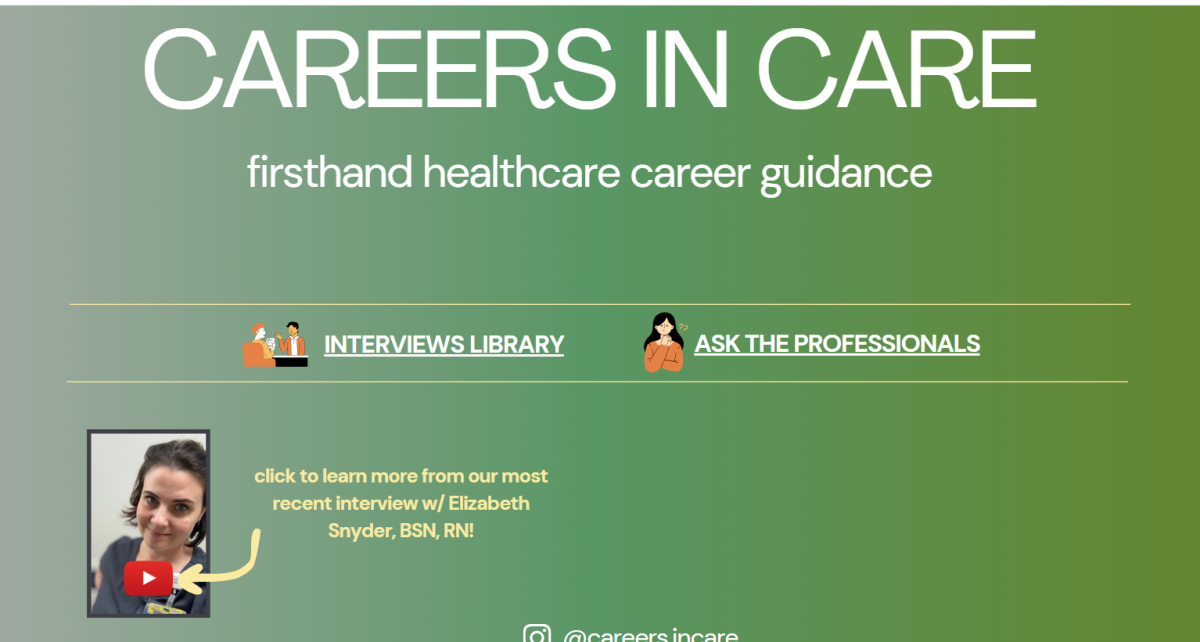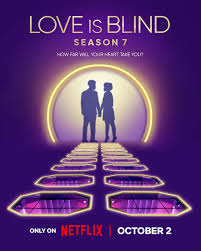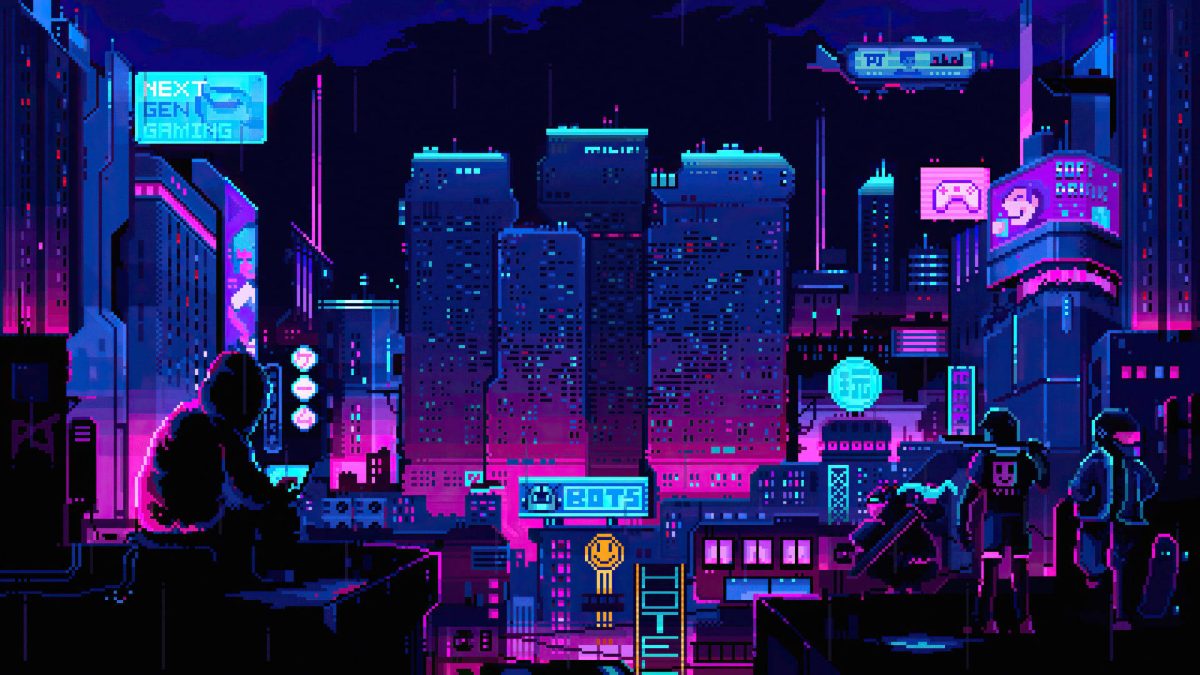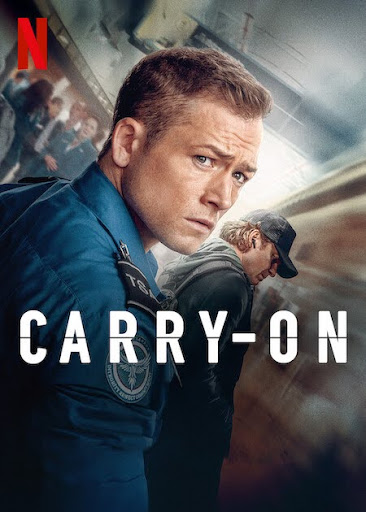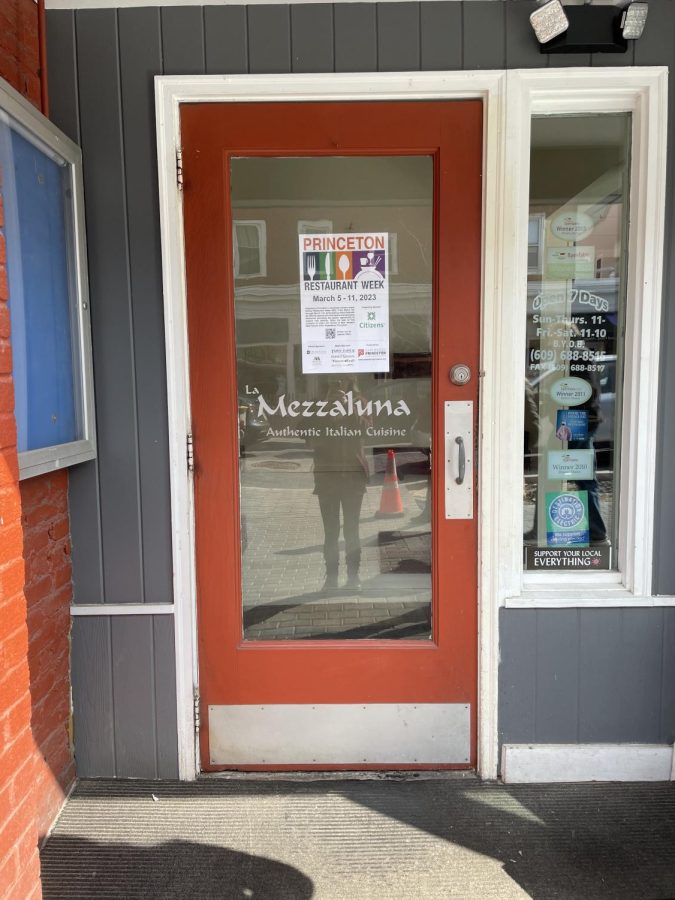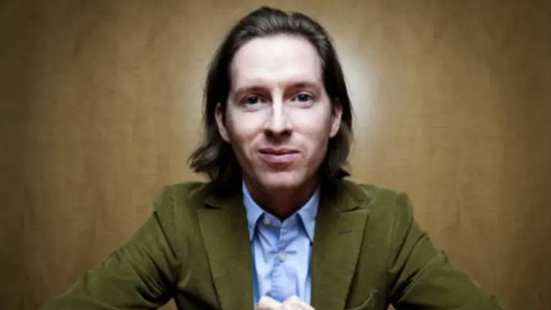On September 22nd, 2025, President Donald J. Trump made a statement saying that negative coverage of himself and his administration is “very illegal.” While this statement is not a law established by America’s legal system, the represented idea does raise increasing concern about the silencing of media and authentic voices in the United States.
HVCHS’s class English 4(A)–Living Language: Media Literacy & The Natural World, is currently reading the well-known novel 1984 by George Orwell. 1984 is based on
a dystopian vision of the future where the freedom of the individual is subjugated to the conformity of society. The novel explores themes of totalitarianism, the destruction of individuality, the manipulation of truth and language, and the power of surveillance.
In “1984”, two major groups are recognized. These groups are “The Party” and “Big Brother.” The Party is the totalitarian ruling power in the super-state that the novel is set in. Big Brother is a symbolist aspect of The Party, representing their absolu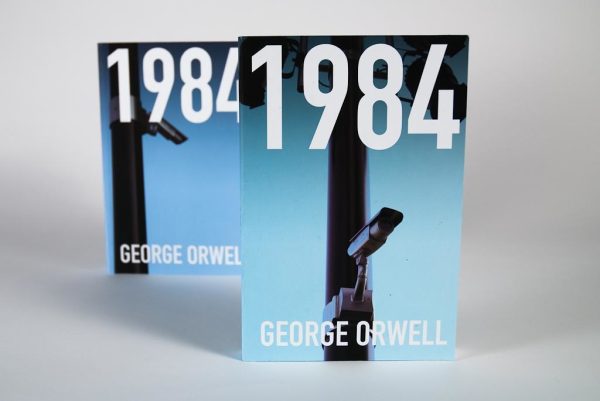 te power, constant surveillance, and oppressive control over citizens.
te power, constant surveillance, and oppressive control over citizens.
One theme in “1984” concerns The Party and Big Brother rewriting history in order to maintain more control over people. It is frequently stated throughout the novel that whoever controls the past controls the present, and whoever controls the present controls the future. In today’s politics, there are many examples of the rewriting of history that make society conform to the belief of a primary leader. For example, on August 19th 2025, president Donald Trump described Smithsonian museums as “out of control” for emphasizing, in his view, “how bad slavery was.” Smithsonian museums are centers that hold evidence of United States history, showcasing the past of the country that we live in.
“It’s part of a pattern by Trump in his second term to reframe historical narratives,” stated a PBS News article about the statement, “in particular about racism and discrimination.”
The concept of “alternative facts” and “fake news” in our own media shows how truth falls pliable in th
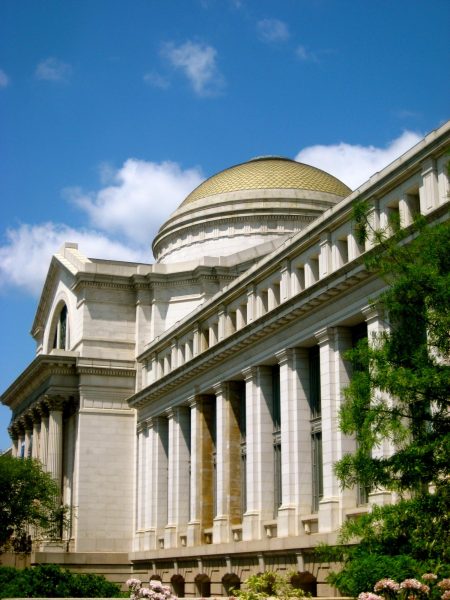
e hands of authority. Even popular content moderation such as Meta and surprisingly popular Artificial Intelligence platforms raise questions about who is in control of our media
.
Throughout the novel, characters in “1984” are closely monitored by the omnipresent state. Electronic screens on the walls of every building and in every room monitor the actions and speech of every person. While this is an exaggerated representation, this does relate to the modern-day United States. The USA PATRIOT Act of 2001 gave the government broad and generous powers to monitor telephone, financial, and email records of US citizens without a court order, along with similar authorities that are potentially problematic to privacy rights.
It is important to hold authorities accountable for their actions, but it isn’t only America where the ideals of “1984” are being presented. In the midst of the Ukraine war, Russian state media paints a world of its own making. Social media is tightly controlled, independent journalists are silenced, and only a government-approved story is presented. This is an echo of Orwell’s Ministry of Truth. North Korea presents modern-day “thoughtcrime.” The country’s intense isolation demonstrates a dissent society. North Korean society faces punishments for actions or even perceived thoughts that defy the government’s ideals.
Iran’s internet shutdowns during protests show the silencing of accurate, important media enforced to protect the government. These shutdowns show the control that governments have over information and the outright ability to communicate. This heavily compares to the world in “1984” where connection between citizens is strictly monitored and controlled.
Orwell’s “1984” remains distinctly relevant for many reasons, and it is important to be able to keep in mind the similarities and differences between the novel and today’s society. Ultimately, “1984” serves as a warning for all people about the dangers of totalitarianism, mass surveillance, and the loss of personal freedoms that stem from unchecked government power.
